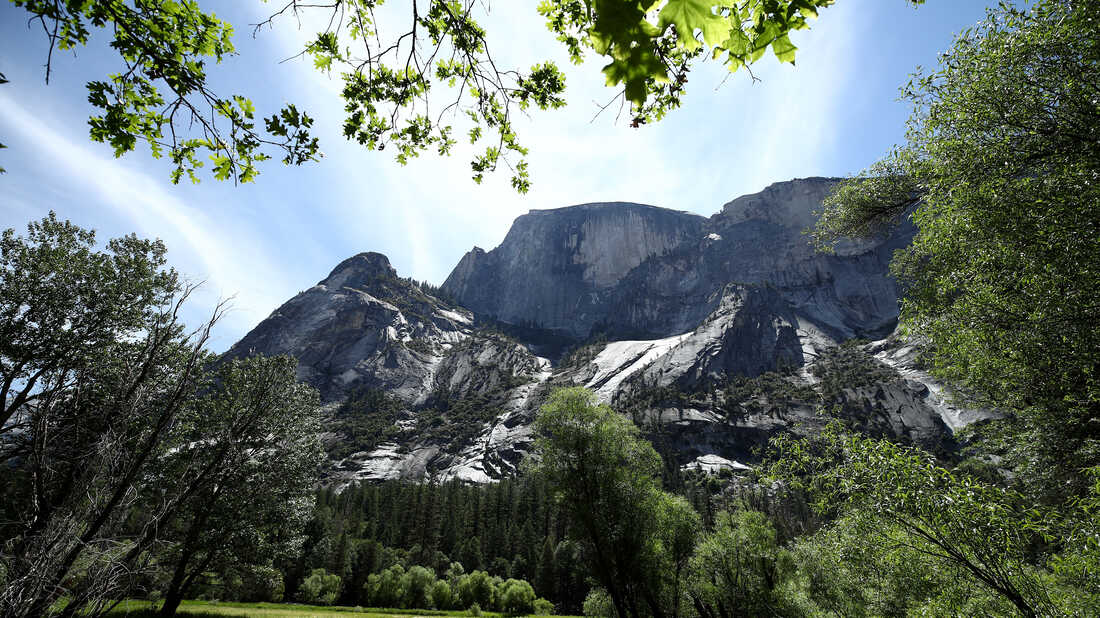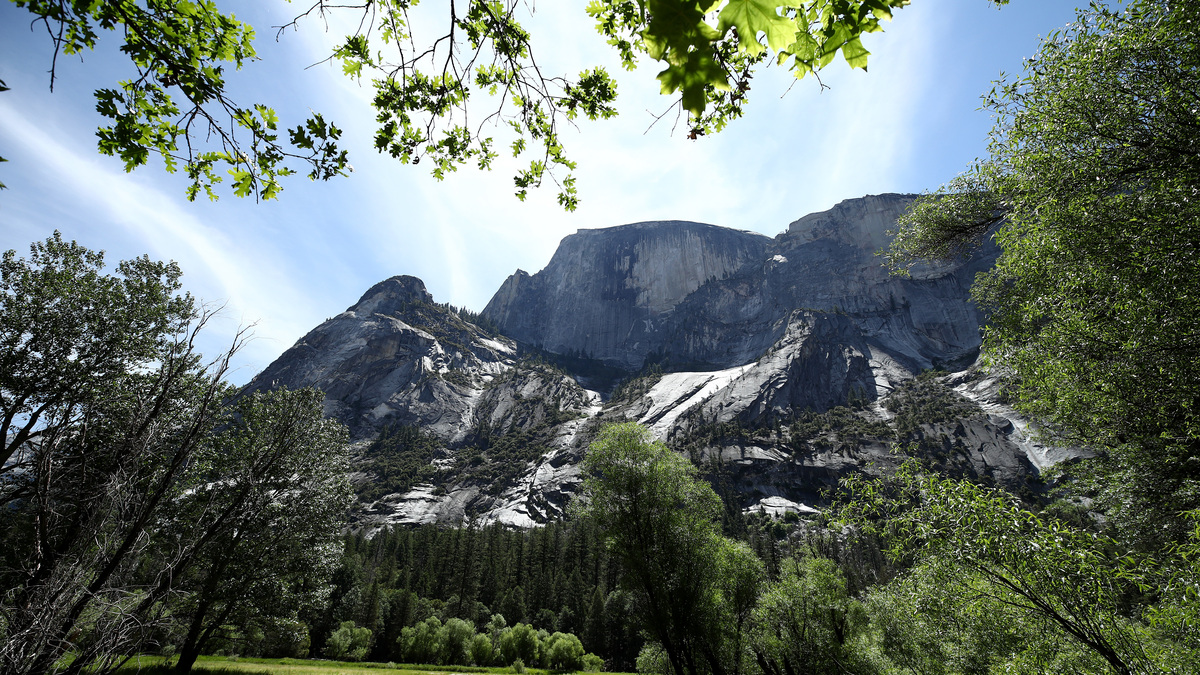
Half Dome in Yosemite National Park. Ezra Shaw/Getty Images hide caption

Half Dome in Yosemite National Park.
Ezra Shaw/Getty ImagesResearchers say the intersection between far-right movements and environmentalism is bigger than many people realize — and it's growing. Blair Taylor, researcher at the Institute for Social Ecology, explains.
Alex Amend, who researches eco-fascism, says climate change will only fuel the link between the far-right and environmentalism. Dorceta Taylor of Yale University traces the rise of the American conversation movement, which was partly motivated by a backlash against the racial mixing of American cities. Hop Hopkins of the Sierra Club opens up about racism in the organization's past.
Email us at
This episode was produced by Jason Fuller, Matt Ozug and Casey Morell. It was edited by Ashley Brown, Patrick Jarenwattananon and Odette Yousef. Our executive producer is Cara Tallo.

 Live Radio
Live Radio